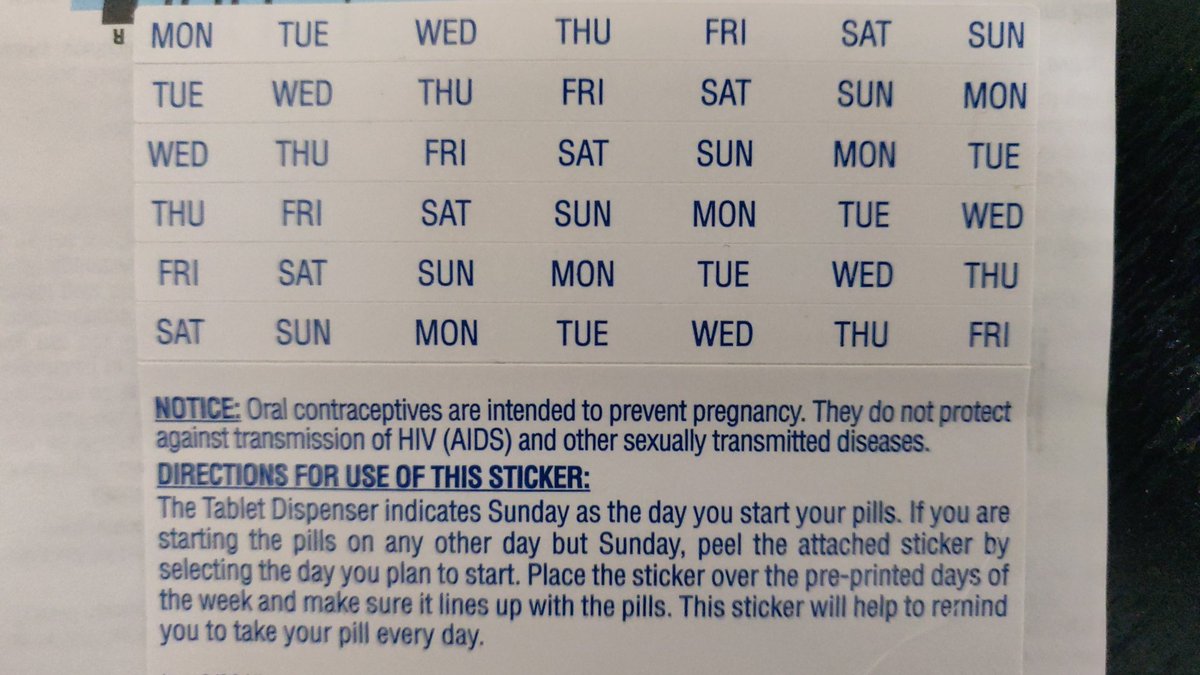
”She's moody, probably because she's a teenage girl, but could it be the #BirthControl?”
"She's acting so hormonal."
"Her moods are crazy, she's PMSing all the time."
Moods have nothing to do with #gender and sex hormones! These #stereotypes only perpetuate #bias. 🧵 #MedTwitter
"She's acting so hormonal."
"Her moods are crazy, she's PMSing all the time."
Moods have nothing to do with #gender and sex hormones! These #stereotypes only perpetuate #bias. 🧵 #MedTwitter
Let's start with #hormones. Hormones are chemicals released by certain organs that carry messages to other organs. Everyone has hormones. Changes in hormone levels can affect our moods but having hormones does not make someone moody.
The reproductive (and other) organs produce the sex hormones (#progesterone, #estrogen, and #testosterone) in all people, just in different quantities. These levels can vary throughout the day and over time.
The term 'hormonal' has been negatively used to describe people (mostly females) who are experiencing some difficult moods. Sure, teenage girls can be irritable, but this has more to do with being a teenager than with being a girl.
Women can be sad, grumpy, overwhelmed. It likely has more to do with everything else happening in life than hormones. Using #hormonal to refer to unwanted moods in specific groups only perpetuates the idea that they are somehow mentally weaker, irrational, prone to hysteria, etc
Everyone has hormones and everyone can be moody at times. It's ok to show and feel emotions. Most of the time checking hormone levels doesn't make any difference; there's a very wide range of normal.
But what about #PMS? It's true sex hormone levels can sometimes affect moods (and other body systems), which is what causes #PremenstrualSyndrome. After menarche (onset of periods), the brain usually stimulates the ovaries to produce estrogen and progesterone each month.
Depending on the time of the month and the cycle length, E+P levels will rise and fall each month. When hormone levels are at their lowest, this triggers a period. With PMS, the body is sensitive to these low levels of E+P, which can result in mood and other changes pre-period.
PMS is related to the cyclicity of the hormone levels so happens in a predictable pattern. If something is happening randomly or all the time, this is not PMS. A mental health specialist may be the most helpful for diagnosis and treatment in those cases.
By definition, this can only happen to people who are having periods. That's still not an excuse to attribute every bout of sadness, irritability, mood lability to being 'hormonal' and asking people if they're on their period.
Can't birth control cause mood issues? Yes, medication can affect different people in different ways, sometimes this means mood changes. On average, most people do fine without side effects, but they are hard to predict.
Usually mood side effects are noticeable soon after starting, and don't suddenly occur after several years. It's easy to blame the birth control if they do, but probably something else is going on.
Life is hard. Moods are allowed to change. It's ok to be happy, cranky, angry all in the same day. The language we use to describe these feelings matters and this doesn't just affect one gender. It's ok to not be ok sometimes.
• • •
Missing some Tweet in this thread? You can try to
force a refresh




